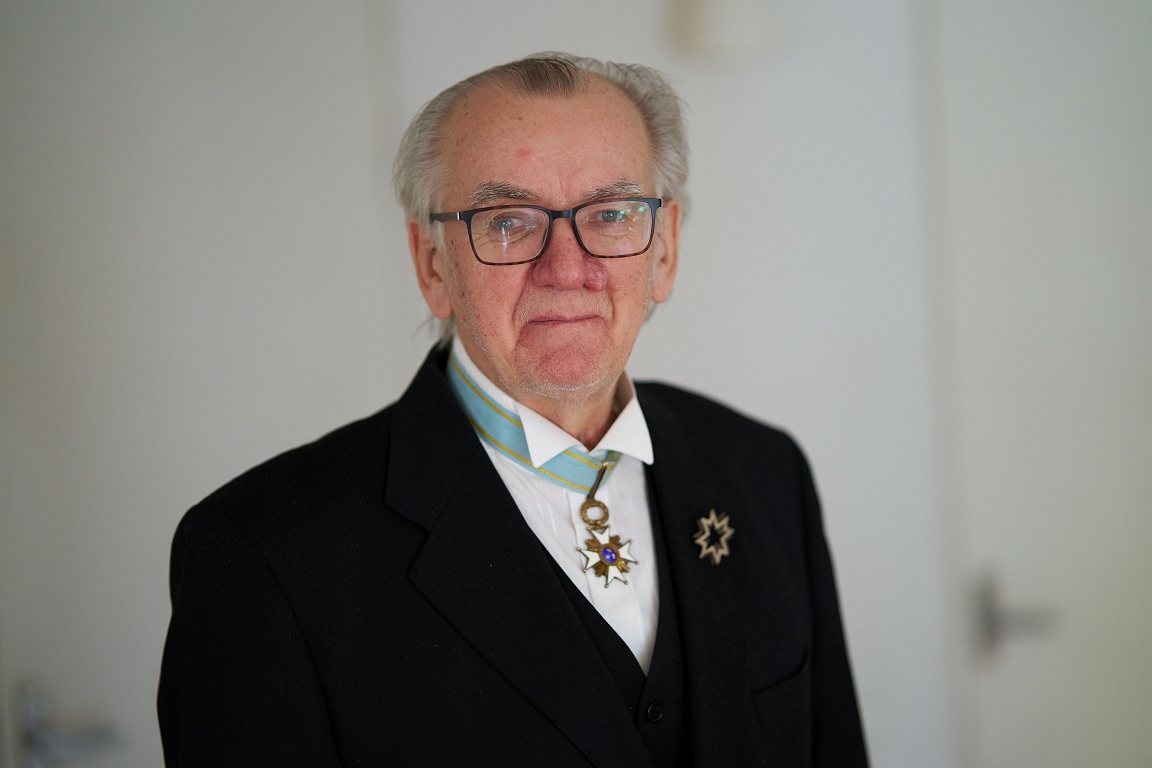Artificial intelligence changes medicine, diagnosis and treatment
Medicine of the future is already behind the proverbial corner! E.g. With the help of special glasses cooperating with AI, doctors will be able to display 3D models in real time during surgery. We explain what applications of artificial intelligence already exist in the health sector and we indicate where this journey is going to innovation.
The new, artificial intelligence method of measuring heart currents is called cardiography. It records about 3.2 million measurement data that is evaluated by the data center. The artificial intelligence algorithm is studied by 290 parameters to hit the heart. The diagnosis should be much more accurate than in the case of conventional ECG. After the examination, the patient receives an analysis of his heart’s activities. Cardiography is now available.
The voice changes in patients with heart failure. This is due to lung edema and the accumulation of fluid in voice roads. The new technology is able to detect these changes and thus the possible deterioration of the clinical image. Behind this is the start-up Noah Labs, who works with Charité in Berlin. The analysis based on artificial intelligence is to act as an early warning system. The process is currently being tested and can be implemented in practice as early as 2026.
Artificial intelligence in medicine: visit to the doctor via AI
Currently, everyone who needs a visit to a doctor often arranges online. However, especially the elderly feel insecure in dealing with internet systems and prefer to use the phone. Then, however, it may happen that in the future you will talk to a computer voice instead of a doctor’s assistant. The Doctolib service provider already offers a telephone assistant based on artificial intelligence for doctor’s offices. This is to relieve other medics. Compugroup Medical also developed a telephone assistant for medical offices cooperating with artificial intelligence.
Artificial intelligence in medicine: processing and diagnostics of a medical image using AI
In the future, artificial intelligence will also help in the assessment of MRI or CT images, and thus in detecting diseases. This is investigated by the Institute of Cognitive Systems Frauenhofer. Artificial intelligence – powered by existing imaging data and related diagnoses – should recognize patterns assigned to clinical images in the paintings. dr. Katherine Fitch, head of the digital health care department at the Frauenhofer Institute. The analysis and availability of a large amount of data allows you to quickly and reliably detect pathological changes in the image, adapt the therapies individually to the patient and predict the further course of treatment and disease.
So what does the medicine of the future look like? In the future, no doctor will have to view my X -ray photos anymore? Dr. Florian Geissler from the Frauenhofer Institute:
In the future, digital medicine will accompany us from prevention, screening through diagnosis and therapy to postoperative care. But even in the foreseeable future, i.e. for the next 20 years, the doctor will continue to watch, for example, X -ray photos. Artificial intelligence does not work by itself. A man who will assess AI suggestions will be needed in the foreseeable future and will make a decision
For researchers, it is important that artificial intelligence works primarily safely and transparently. Further data is needed for this. Dr. Florian Geissler adds:
Our task is to ensure that artificial intelligence does not hurt a man and not even kill people. This applies to both medicine and autonomous cars
The article was based on the translation of the text from Bild.de. Its author is Ralph Klostermann
This article was released on 16.12.2024 for the first time on the website
Thank you that you have read our article to the end. Stay up to date! Watch us in Google news.




/s3/static.nrc.nl/images/gn4/data132793177-d1910c.jpg)
